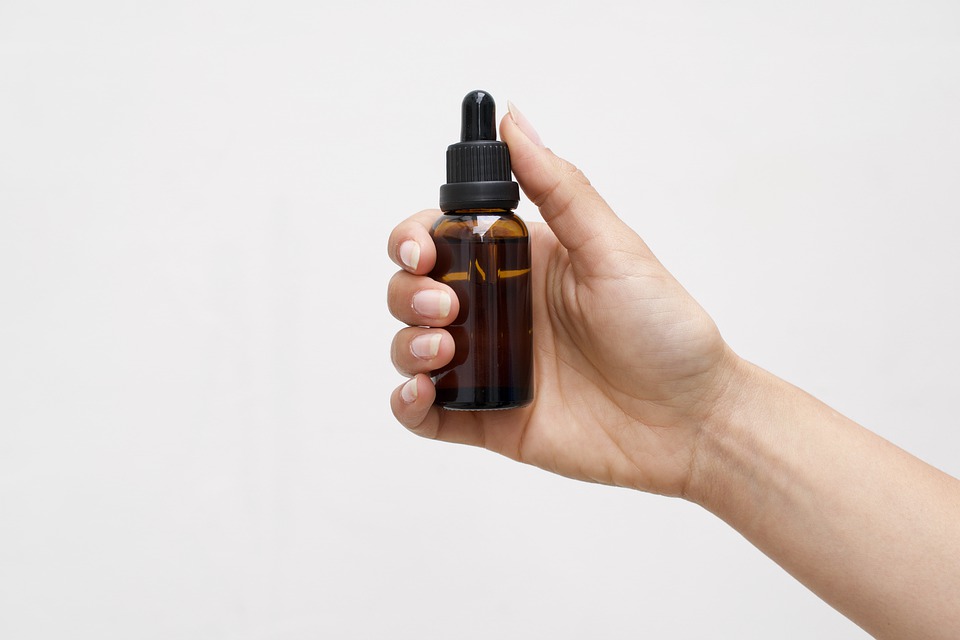How To Track And Measure The Growth Of The Global Liquid Dietary Supplements Market

The primary focus of this article is on the need for developing quality guidelines for the use of liquid supplements in nursing homes with elderly people. In our society, we have been conditioned to believe that nutritional supplements, when used appropriately, will provide a necessary boost to a person’s vitality and well-being. The problem is that this has not been proven yet, and the majority of nutritional supplements, when used improperly, can do more harm than good. Therefore, it is imperative to develop quality guidelines in this area.
The aim is first to establish good practice concerning the administration of liquid nutritional supplements in retirement facilities for individuals with dementia living alone in residential, assisted living centers. The second goal is to develop guidelines for the provision of nutrition for people in these facilities who are experiencing chronic problems with poor nutrition and/or malnutrition.
Poor nutrition and malnutrition are associated with the incidence and severity of dementia, as well as an increase in the frequency of death due to complications associated with this illness. These findings have led to the U.S. Food and Drug Administration (FDA) requiring that all assisted living facility facilities have well-defined policies and procedures for identifying and treating malnutrition and other nutritional issues among their residents.
Guidelines should include daily nutrient requirements, including recommendations for dietary supplements, and should also include measures for ensuring optimal liquid nutritional supplements are obtained in sufficient quantities. Nutritional needs should also be addressed in the evaluation of a patient’s nutritional status. In addition to these general recommendations, Zemvelo Liquid Supplements should be addressed to meet the specific needs of the individual patient. This includes the consideration of the patient’s age, his/her comorbid conditions, his or her overall health condition, and his or her special nutritional requirements.
Ideally, guidelines for supplement administration should also address the issue of abuse of any drug administration chemical, including liquid dietary supplements. These concerns should be included as part of the pre-licensing process. This would enable LNAs to include specific regulations for the control of the distribution of controlled substances. These regulations would not only ensure that the right types of drugs are distributed but also protect patients from overdosing on such drugs.
Other considerations for liquid nutritional supplements include the underwriting of health plans and payment policies. This is particularly important for long-term health plans, as it helps to determine the expected period and amount of use and helps determine whether the plan can afford periodic reevaluation of coverage, if necessary.



